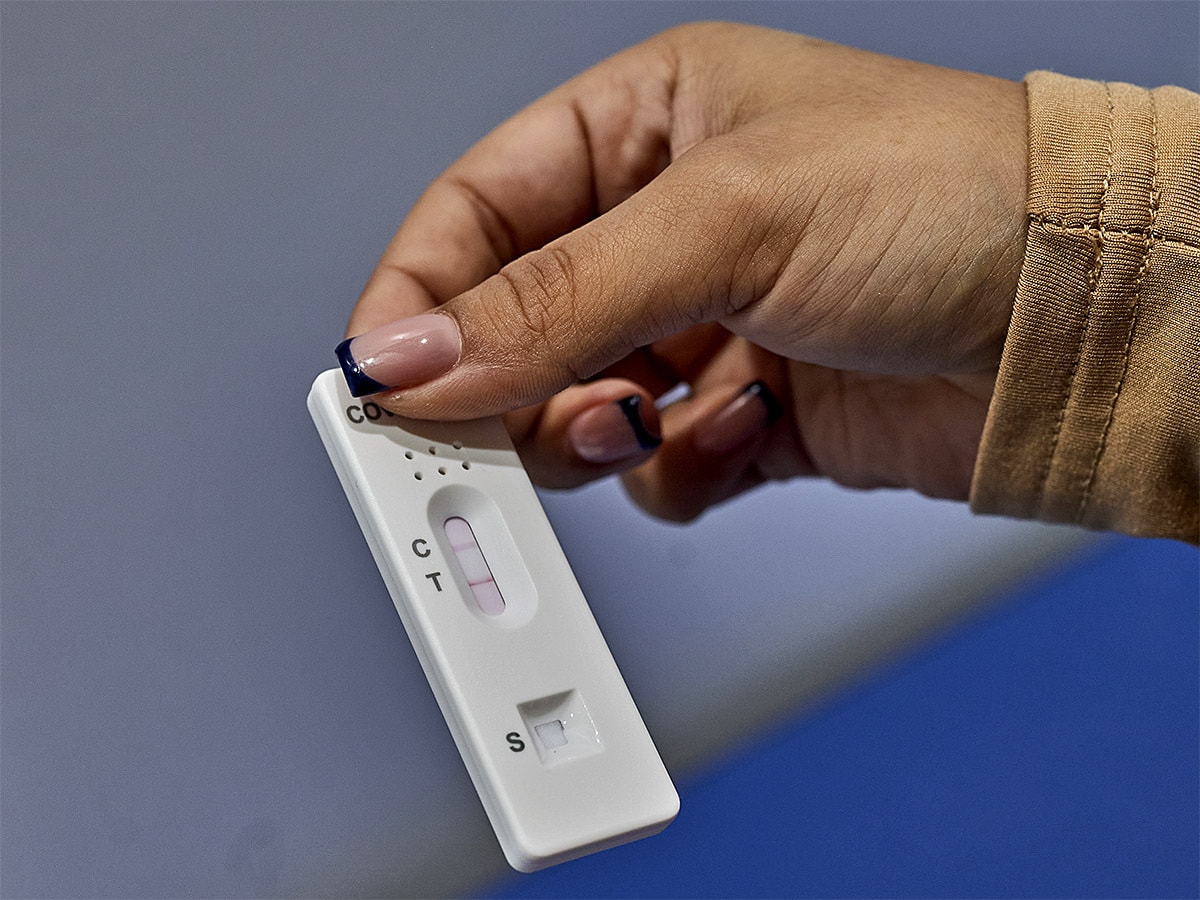Covid-19 cases are on the rise around the world, and governments are starting to think about how to roll out further vaccine doses to older and more vulnerable citizens. The rising number of cases comes at a time when investors have been questioning what the future looks like for vaccine makers like Pfizer, BioNTech, Moderna and others. The current situation perhaps buys some extra time in this respect.
Life may be returning to normal following the pandemic and we may be learning to live with Covid-19, but vaccines will continue to be needed for the foreseeable future. Coronavirus cases are on the rise and virologists are worried about new sub-variants that could spread and mutate more easily.
The focus for countries is increasing uptake and prioritising giving booster shots to the elderly and clinically vulnerable. This is the current lay of the land for the drugmakers that have developed the leading vaccine candidates: Pfizer [PFE] and BioNTech [BNTX], Moderna [MRNA], AstraZeneca [AZN.L] and Novavax [NVAX].
In June, the FDA asked the drug makers to tweak their vaccines to add omicron BA.4 and BA.5 spike proteins to effectively create a dual booster that provides protection against the new sub-variants. The US government also announced at the end of the month that it purchased a guaranteed 105 million doses of the Pfizer-BioNTech vaccine for the autumn for $3.2bn.
Moderna: an mRNA technology pure play
SVB Securities Research analysts wrote in a note seen by FiercePharma that the implied purchase price of $30.50 per shot is a 27% increase on the $24 Pfizer received under the last contract. In 2020, it was receiving around $19.50 per dose. This shows “the government’s willingness to pay a higher price and continue to fund pandemic-related vaccines,” they wrote.
The deal includes the option for a further 195 million doses, which could potentially be priced higher than $30.50 due to “pricing power”. They added that it was now unlikely Moderna would receive a similar order in the second half of the year, although the drugmaker has issued positive data for its booster candidate against the two sub-variants.
The Moderna share price is down 34.1% year-to-date as of 19 July, while the Pfizer share price is down 11.6%.
AstraZeneca not hanging hopes on US market
The mRNA technology candidates are considered best in class, but AstraZeneca published a report earlier in July showing these vaccines are equally as effective protecting against hospitalisation and death.
AstraZeneca hasn’t been approved in the US yet, and the firm told the Financial Times earlier this year that it wouldn’t insist on it if it meant “banging its head against a brick wall indefinitely”. The paper has also reported that the UK and Europe have opted for the mRNA-based vaccines for their autumn booster programmes.
The vaccine has also suffered from a lack of demand, partly due to worries about blood clots. Canada chucked away 13.6 million doses earlier in July and this followed the expiration of 1.2 million doses in April and May.
Nevertheless, the UK drugmaker clearly sees longevity in the fight against Covid-19 as it has expanded its partnership with its vaccine manufacturer Oxford Biomedica [OXB.L] beyond the end of 2022.
The AstraZeneca share price is up 31.6% year-to-date as of 19 July.
Novavax seals US approval
The FDA finally approved Novavax’s Covid-19 vaccine earlier in July following a six-month wait and it’s hoped that it could win over sceptics that have put off getting jabbed based on unfounded worries about mRNA tech. Novavax uses a protein-based vaccine and contains extracts from a rare Chilean soapbark tree to boost the immune system’s reaction.
Yet the Novavax share price dropped like a stone on 14 July — the stock is down 59.5% year-to-date. It was both a case of ‘sell the news’ and a reaction to a report that the EU had added severe allergies as potential side effect to the vaccine. Nothing alarming, but enough to drive the selling.
The Novavax share price closed on 19 July at $58 and with a market cap of $4.5bn. The drugmaker previously issued 2022 sales guidance of between $4bn and $5bn assuming no FDA approval, which suggests that the stock is undervalued.
Bank of America Securities analyst Alec Stranahan isn’t convinced, however, and has a $35 price target on the stock. He has concerns about the vaccine’s durability and sees “a difficult commercial set-up”, according to a note seen by Barron’s.
Continue reading for FREE
- Includes free newsletter updates, unsubscribe anytime. Privacy policy





